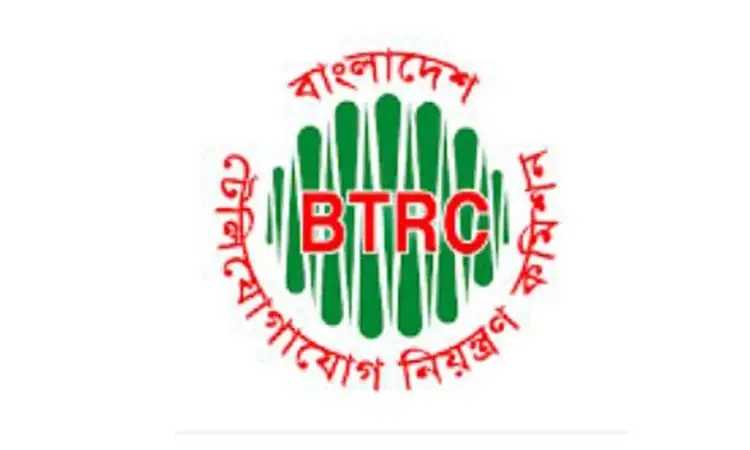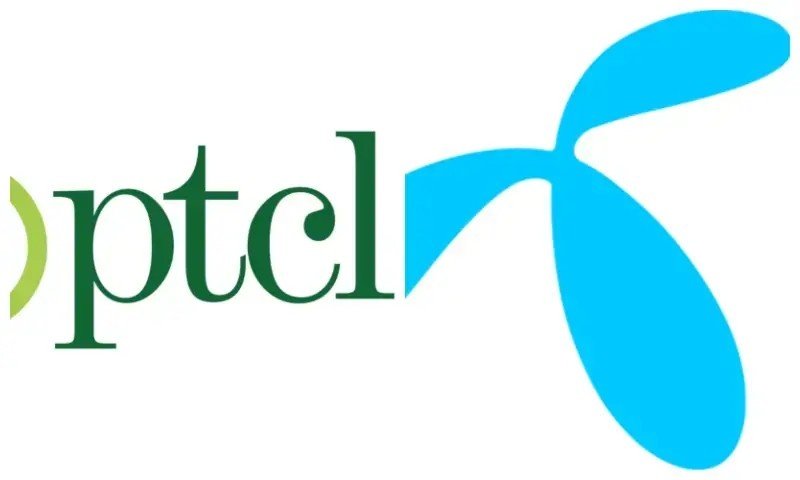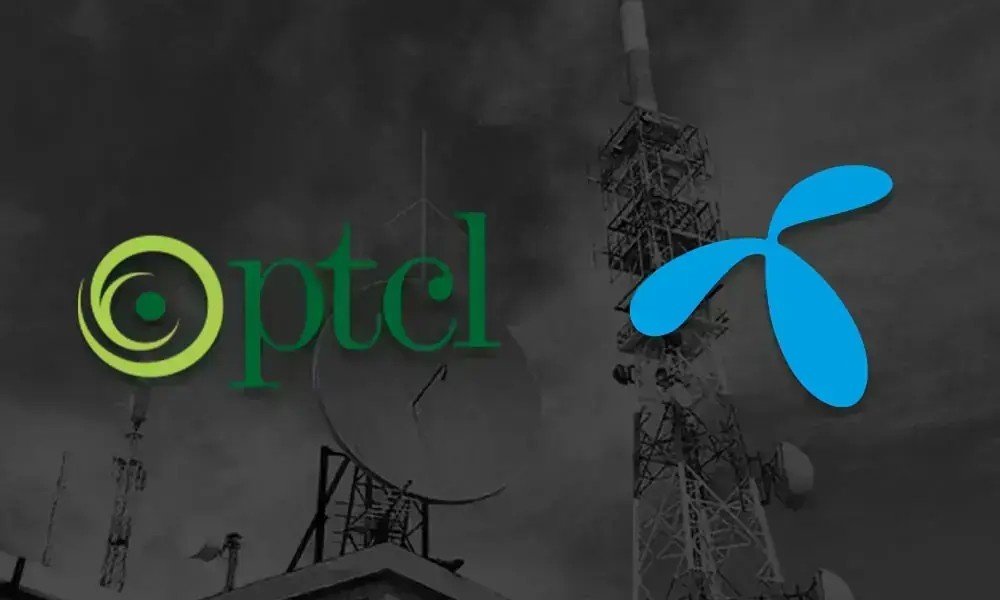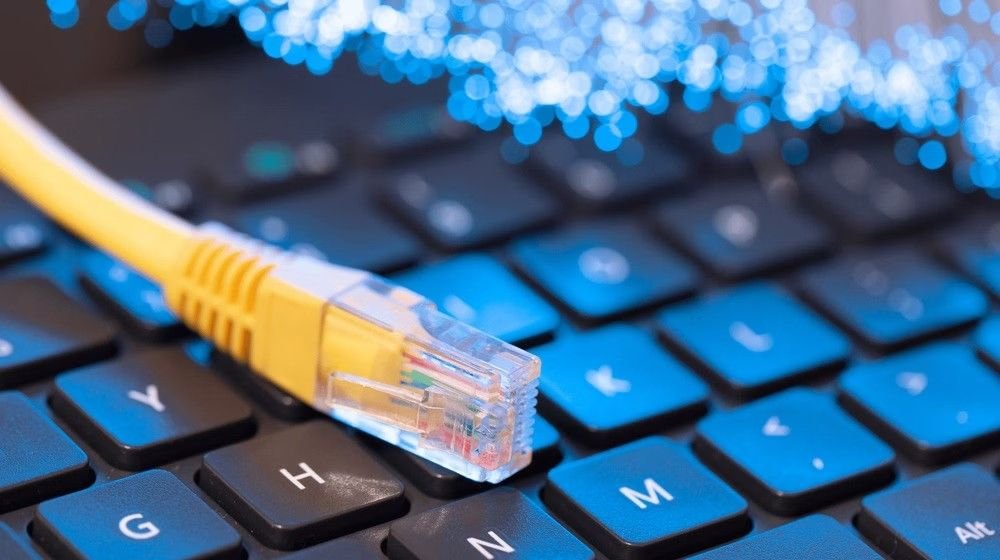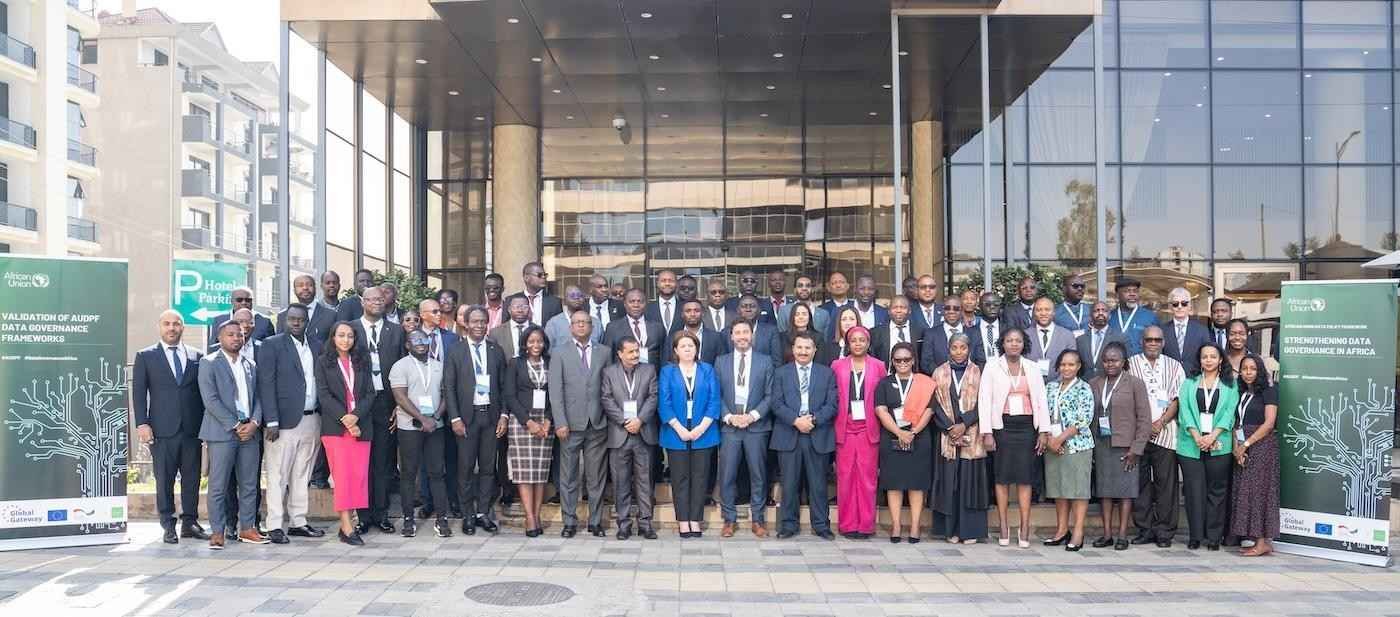Bangladesh has formally recognized Mobile Virtual Network Operators (MVNOs) in its newly adopted Telecommunications Network and Licensing Policy 2025, paving the way for companies to offer mobile services without owning physical infrastructure. The move is expected to spur competition, attract foreign investment, and enable tailored offerings for diverse consumer segments including students, expatriates, and rural communities.
Gazetted on September 22, the policy empowers the Bangladesh Telecommunication Regulatory Commission (BTRC) to draft fresh licensing guidelines. It introduces a proportionate regulatory framework, allowing for both full-scale and light-touch MVNO licenses depending on service scope. Globally, MVNOs such as Tesco Mobile (UK), Aldi Talk (Germany), Lycamobile (20+ countries), and Consumer Cellular (US) have proven effective in serving niche markets and expanding consumer choice — models Bangladesh aims to replicate.
Beyond MVNOs, the policy prioritizes emerging services including IoT, private 5G and 6G networks, blockchain, mission-critical communications, and quantum computing. It replaces the outdated ILDTS Policy 2010 with a unified, technology-neutral licensing system that reduces more than a dozen categories to just four: access networks, national infrastructure, international connectivity, and non-terrestrial networks. A fifth category, telecom-enabled services, will only require registration. Legacy licences like IIG, ICX, NIX, and IGW will be phased out by 2027.
The policy sets foreign ownership limits: mobile operators may hold up to 85% foreign ownership (with 15% local participation required), infrastructure firms are capped at 65%, and international connectivity providers at 49%. These rules aim to balance global capital inflows with domestic control of critical infrastructure.
Service benchmarks are also tightened. Mobile operators must connect 50% of towers to fibre within 18 months and 80% within three years. Fibre backbones must extend to every union parishad underground, while disaster-prone areas must ensure 25% of towers have diesel backup. A new National Quality of Service Dashboard will track coverage, speed, and reliability in near real time.
To curb market dominance, BTRC may designate firms with Significant Market Power (SMP) and impose remedies such as tariff controls, infrastructure sharing, and stricter financial transparency. The policy also mandates environmental safeguards, requiring operators to adopt renewable energy, manage e-waste, and cut carbon emissions. Lawful interception will remain limited to legally authorized cases under judicial or quasi-judicial oversight.
With MVNOs formally recognized and a streamlined, technology-neutral framework in place, Bangladesh aims to accelerate its digital transformation, improve consumer choice, and build a more competitive, sustainable telecom ecosystem.











